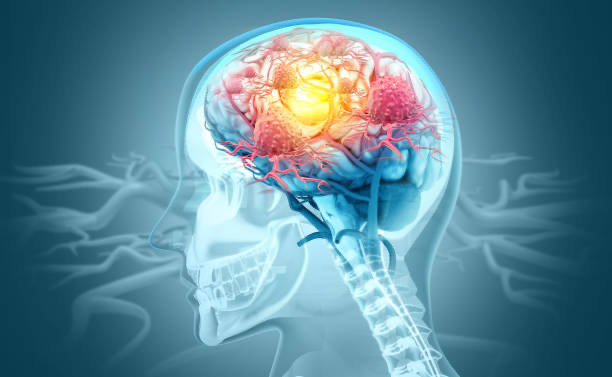Living with an unseen disability is a constant challenge. It affects every aspect of your life, from your physical health to your mental well-being. As moms advocating for children with unseen disabilities, we face unique difficulties. We are often dismissed by healthcare professionals who don’t understand the invisible struggles our children endure.
This is my story as a mother living with epilepsy. A hidden disability that I was told “wasn’t really a disability.” Yet, it impacts my daily life in ways most people wouldn’t imagine. My diagnosis came over ten years ago, and though you wouldn’t know it by looking at me, I suffer daily.
Epilepsy: The basics
Epilepsy is more than just the occasional seizure. It affects my memory, making it difficult to retain even the simplest information. This disability steals precious moments with my children, memories I fear I will lose forever. The unseen effects of epilepsy on the brain are profound and often misunderstood.
Challenges I face as a mom living with an unseen disability
One of the most significant struggles I face is the lack of understanding and support. Many people assume that because I don’t have obvious physical limitations, my epilepsy doesn’t significantly impact my life. This couldn’t be further from the truth. The seizures themselves are disruptive, but the unseen effects of epilepsy on my memory and cognitive function can be even more debilitating. I often struggle with fatigue, difficulty concentrating, and the constant fear of another seizure striking at any moment.
These challenges are amplified when I’m juggling the responsibilities of motherhood. Simple tasks that other mothers may take for granted, like grocery shopping or preparing meals, can become overwhelming due to my limitations. I worry about the impact my condition has on my children, and the fear that they may witness a seizure or be left alone if I experience one unexpectedly.
Here are some specific challenges I face as a mother with epilepsy:
- Fear of the unknown: The unpredictable nature of seizures can be incredibly stressful, especially when I’m responsible for young children.
- Fatigue and brain fog: The after-effects of seizures can leave me feeling drained and cognitively impaired, making it difficult to keep up with the demands of motherhood.
- Social isolation: I often feel isolated and misunderstood, both as a person with epilepsy and as a mother with a disability.
- The need for constant vigilance: I have to be constantly aware of my triggers and take precautions to avoid seizures, which can be exhausting and limit my spontaneity.
Living with an unseen disability
Being a mother is a challenging and rewarding experience, but when you add an unseen disability like epilepsy to the mix, the struggles can become even more profound. While my children are thankfully healthy, I, myself, live with the daily realities of epilepsy, a hidden condition that often goes unnoticed. This creates a unique set of challenges as I strive to navigate motherhood with a disability that is invisible to the naked eye.
My journey with epilepsy has taught me a valuable lesson: an unseen disability is real and impactful. We must be more understanding and supportive of those who carry these invisible burdens. So, let this be a call to action:
- To medical professionals: Listen to mothers’ concerns. Don’t dismiss their intuition as mere overprotectiveness.
- To society at large: Educate yourselves about unseen disabilities. Be open and understanding of the challenges people face.
- To mothers like me: Stay strong and keep advocating for your children. Never give up on them or their right to a fulfilling life.
The upside to living with an unseen disability as a mom
Despite these challenges, I strive to be the best mother I can be. I openly discuss my condition with my children and encourage them to ask questions. This helps to reduce their fear and anxiety and empowers them to understand and support me. I also stay humble and rely on family, friends, and healthcare providers for emotional and practical support.
More importantly, I make time for activities that help me manage stress and improve my well-being, such as yoga, meditation, and spending time in nature. And I use my voice to raise awareness about epilepsy and advocate for policies that support people with disabilities.
Living with epilepsy is a constant journey, and being a mother adds another layer of complexity to the equation. But through education, support, and self-care, I am determined to thrive and build a fulfilling life for myself and my children. This journey has taught me valuable lessons about resilience, strength, and the importance of advocating for myself and others living with unseen disabilities.
Together, we can create a world where everyone feels seen, heard, and supported, regardless of their visible or invisible disabilities.


















